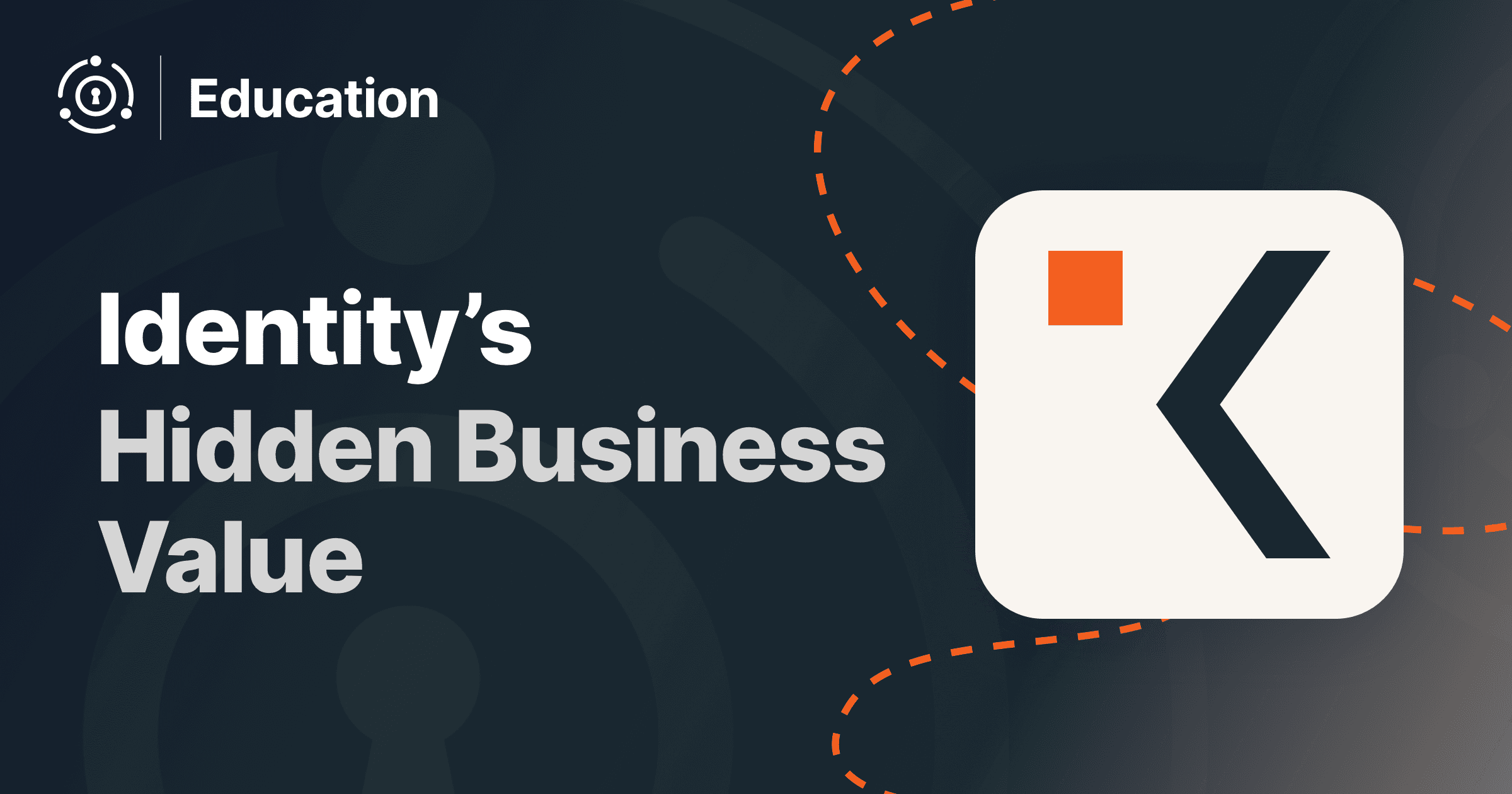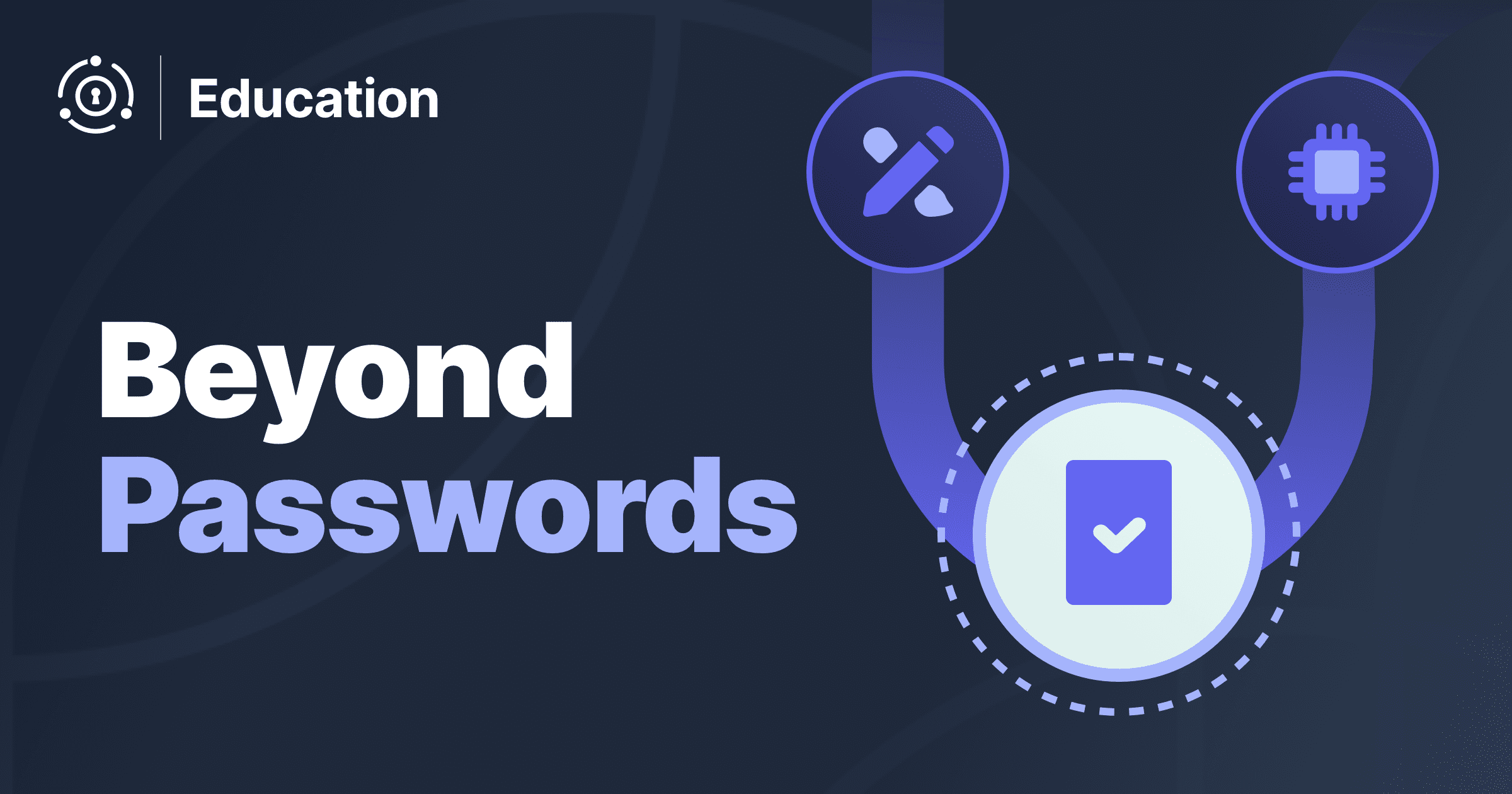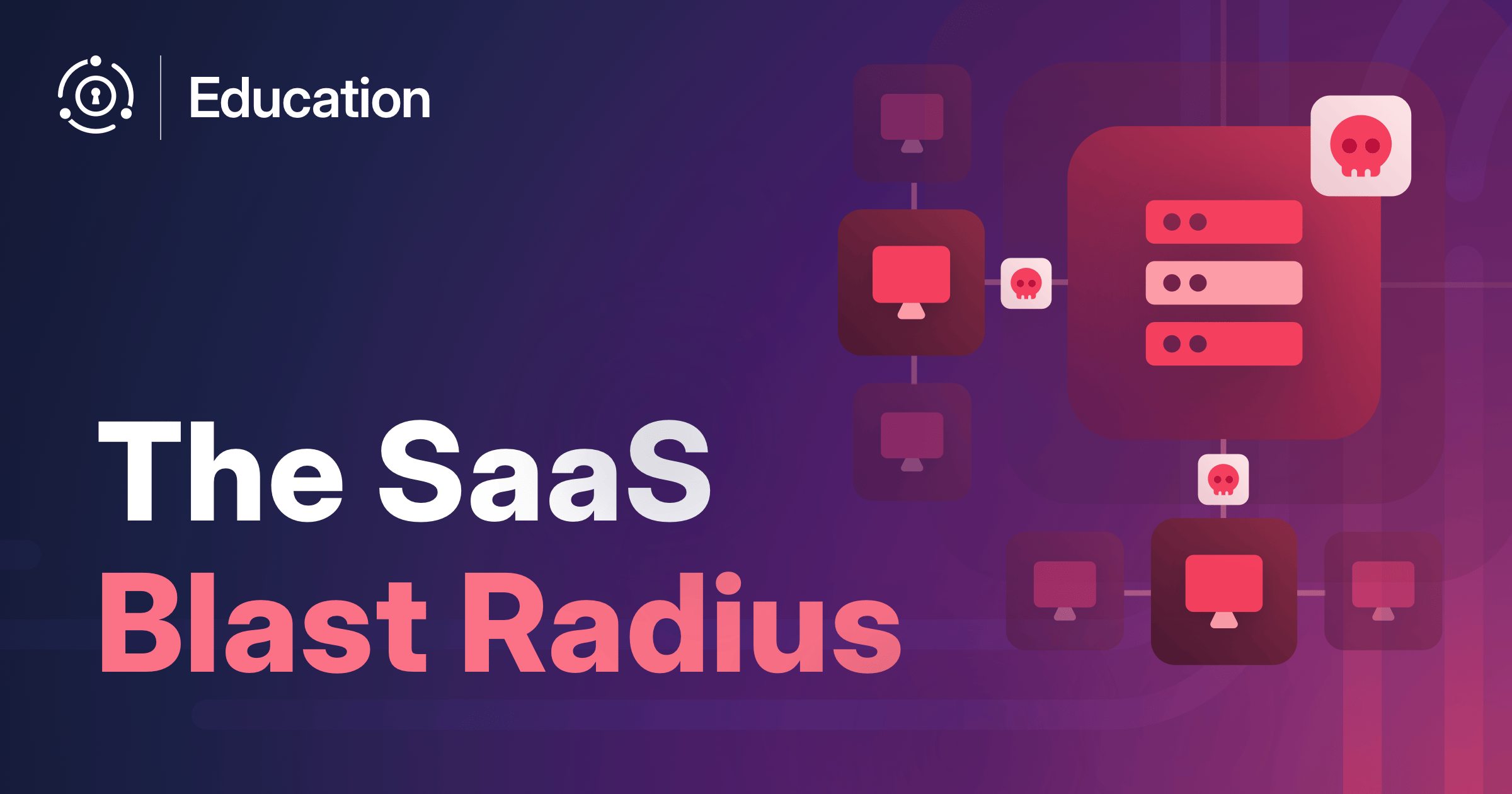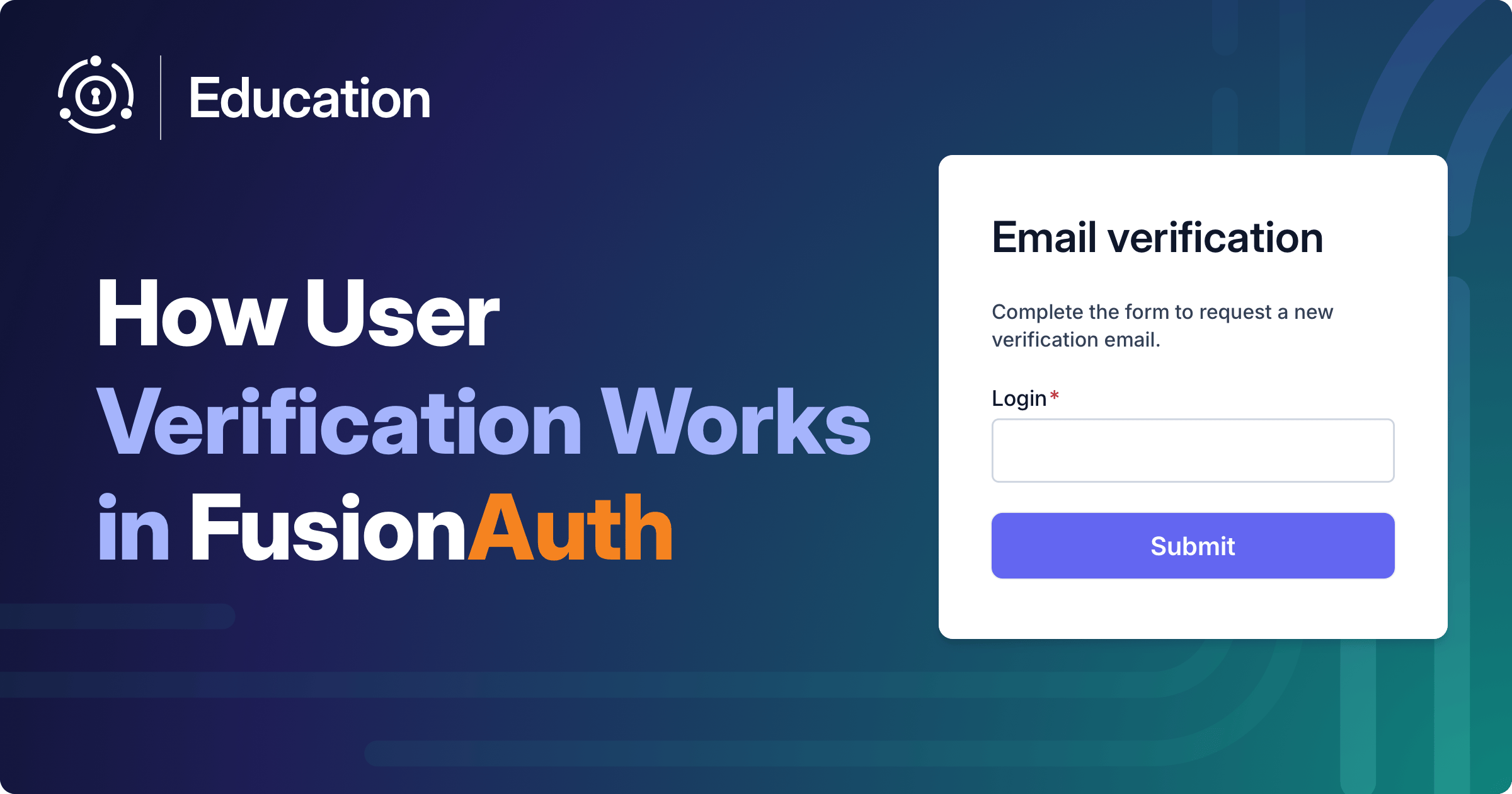In today’s digital landscape, the concept of “Identity” is not just a technical necessity; it’s an important component in creating business value. Far more than just a username and password, Identity has evolved from a simple login mechanism to a multi-dimensional, value-adding asset for businesses.
If your business is web-centric and serves consumers, understanding and leveraging Identity can unlock tremendous potential. Let’s explore this evolution and what it means for your business.
The Early Days of Identity
In the early days of desktop applications, there wasn’t much need to consider who was using the software — just that it helped get the job done. However, as we transitioned to web applications, restricting access and ensuring secure usage became critical, leading to the ubiquity of Identity. Initially, Identity was straightforward: a username and password for each website or application. This basic approach confirmed you were who you said you were, but it also meant dealing with fragmented identities — redundant user profiles scattered across platforms — creating a cumbersome experience for users. A better approach was on the way, one that would ultimately go beyond security.
The Rise of Single Sign-On
Single Sign-On (SSO) has roots going back to the 90s. In these early days, SSO gained traction primarily in large enterprise environments with thousands of employees. However, it wasn’t until the early 2010s that cloud implementations of SSO became widespread. Even then, SSO wasn’t used for niche forums or simple websites; instead, it was adopted by large technology companies like Facebook, Google, and Microsoft. SSO allowed these companies to connect constellations of services behind a single, convenient sign-on experience. This significantly enhanced user convenience by allowing one set of login credentials to access numerous services and improved security by reducing the number of passwords customers need to remember and manage.
Why is the rise of SSO important? It marked an inflection point in what Identity meant and what it could be. Identity was transforming from merely verifying who you are to enabling companies to understand who you are. This transformation ushered in a modern notion of the business value inherent in Identity.
The Modern Notion of Identity
Today, Identity is much more than signing in. It now contributes to streamlined user experiences, vastly improved security measures, and highly personalized services for users.
Imagine you have multiple product offerings, whether they are physical locations like resort hotels or individual websites, each with its own distinct concept of a user’s identity. The modern approach to Identity unifies these fragmented elements into a single source of truth — a single, consistent profile for each user that can be accessed across all your platforms. With this unified source, you no longer have to wonder whether Ms. Stone at one resort is the same Ms. Stone at another. You can already begin to imagine the insights you could gain about Ms. Stone’s travel preferences.
By consolidating fragmented identities through SSO, you also streamline the user experience. Continuing the resort example, guests can now use a single username and password to manage reservations at any of your resorts. Previously, they might have had no unified login or, worse, separate credentials for each resort. This improves the user experience.
But Identity goes even further. With a single source of truth, your organization can do so much more.
- You can develop a deep understanding of customer preferences over time.
- You can track how customers interact with your various offerings, when they use them, and how frequently.
- You can understand what they engage with, what they don’t, and how often they return to specific offerings.
These insights can inform the development of new applications that further leverage and contribute to this wealth of data. For example, one company that manages over 50 ski resorts experienced these benefits firsthand. Originally, they suffered from fragmented identities, with guests having unique usernames and passwords for every resort. After unifying their resorts behind a single source of identity, they were able to build sophisticated mobile and web experiences to enhance the guest experience.
The benefits for this company didn’t stop at improved guest experience. As more guests used these systems, the marketing team leveraged the additional, more individualized data to build personalized cross-selling and up-selling opportunities. Complementary services, premium features, targeted discounts, and real-time offerings while guests are on-site all became a reality because of a deeper understanding of customers’ past behaviors and preferences. Identity was foundational to these increased revenue opportunities.
The modern notion of Identity remains rooted in the technical while enabling tremendous business value creation. Overlooking this deeper understanding risks constraining your business’s future potential.
This article was written for FusionAuth by Michael Ovies, RVP of Solutions Engineering for Kilterset, a FusionAuth partner that specializes in helping businesses realize the potential of their technology investments.










